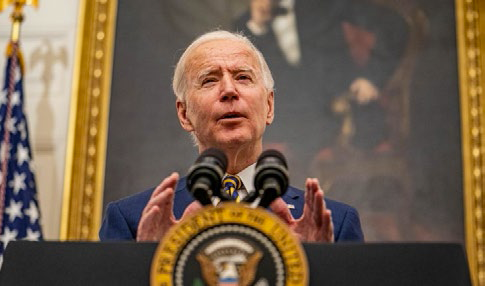The Covid-19 Economic hangover: Increased International Arbitrations in developing countries

As the world rounds the corner and heads to brighter days with the number of Covid-19 cases rapidly decreasing and economies opening up, developing countries that do not have their own strong currencies (i.e. the U.S. China, Japan, Switzerland, etc…) will face an economic hangover due to the inability to print money. The immediate and shocking decrease in GDP coupled with the increase in non-performing loans at commercial banks throughout the world has created stress on the banking system, but especially so, in developing countries. Unlike the U.S., for example, which has flooded its banks utilizing the world’s biggest printing press, developing countries do not have that luxury. This has allowed U.S. banks to bail-out small and large businesses alike with loans because the U.S. Federal Reserve Bank is buying bank debt, with little consideration for the quality of the debt.
In contrast, in Central America, the three largest economies in terms of GDP, Guatemala, Panama, and Costa Rica, have seen drops in GDP and big increases in non-performing bank loans, which has caused the credit markets to tighten. Moreover, the credit ratings bureaus, such as Fitch, have lowered credit ratings for all three countries and some local banks, which increases borrowing costs. With limited ways to inflate their economies, since they do not have an ability to print money, the governments cannot bail-out the private banking institutions easily. Currently, the governments are hanging on by receiving assistance from organizations such as the IMF or Inter-American Development Bank, or by issuing bonds in international markets and in limited amounts. Unfortunately, this will not fill all of the financial holes caused by Covid-19.
In addition, in those Central American countries, the governments have instituted moratoriums on payments by creditors, which has inhibited the collection by private banks of their outstanding loans. Indeed, this creates a vicious cycle because if banks do not receive payments on their outstanding loans, it makes it nearly impossible to provide additional lending. And the result is the banks cannot lend in the amounts necessary to support the many private enterprises that are struggling to survive from the economic impacts of Covid-19 or to service their existing debt.
Undoubtedly, for those private enterprises that do business with multi-national companies and that are struggling financially, contract disputes will increase if they do not have access to capital from local banks and those contracts that are subject to alternative dispute resolution clauses with U.S. venue provisions, including arbitration, will increase over the coming months and years.
The lawyers at the Foodman Firm, P.A. have experience handling international arbitration.
THE FLORIDA LEGISLATURE IS BACK IN SESSION BAILOUT TO THE PRESIDENT

On March 2, 2021, the Florida Legislature will be back in session for 60 days. There are some proposals up for consideration that are receiving strong opposition. One is HB 1, which has been called the anti-riot bill, which would increase the penalties for individuals who attack law enforcement officers or destroy private property during protests. The opposition believes this bill could violate protestors First Amendment right to assembly and free speech. Another hot topic is SB520, which is directed to curb the influence of large social media technology companies by requiring those companies to provide individual and business users of their website with notice within a specified timeframe that the website has suspended or disable the user’s account. Other areas of interest are proposed revisions to state election laws that would affect mail ballots, drop boxes, and the signature-matching process. Finally, the state is facing a revenue shortfall due to Covid-19, so the legislators will be faced with adjusting the budget without major cuts to programs and services, or the loss of employment.
Congress is close to sending its $1.9 trillion Bailout to the president
It is expected that Congress will send its $1.9 trillion bill to President Biden for signature in March. Congress is faced with the tough task of balancing the need to save the economy with mortgaging the future of the country.
The bill is necessary according to Treasury and Federal Reserve officials to keep the economic rebound from receding, and to save millions of unemployed and underemployed citizens from falling off the economic cliff. Congress is without question spending justifiably by allocating $473 billion to individuals, $75 billion for vaccines, $26 billion to restaurants (one of the hardest hit employers), $15 billion to airlines, and an additional $7.2 billion for small business. However, in addition to the necessary and critical aid related to Covid-19, Congress has added the following proposed goodies, to name just a few:
- $135 million to the National Endowment for the Arts
- $86 billion in union pension funds
- $100 million for a Silicon Valley transit expansion project
- $1.5 million for the Seaway International Bridge
- $50 million for environmental projects
- $852 million for various civil volunteer agencies
While an argument can be made that any amount of spending by the federal government is good for the economy, one may question how much more the government can mortgage the future of the United States before it become unsustainable.
President Biden has floated the idea of a subsequent bill of $3 trillion. Should that pass, legislation and government stimulus directly related to the Covid-19 pandemic will approach about $9 trillion and take the national debt above $30 trillion dollars, which is already well above 100% of GDP. At some point very soon, there needs to be a unified and collective discussion with participation from all Americans about how to address the debt burden that will be placed on future generations.

